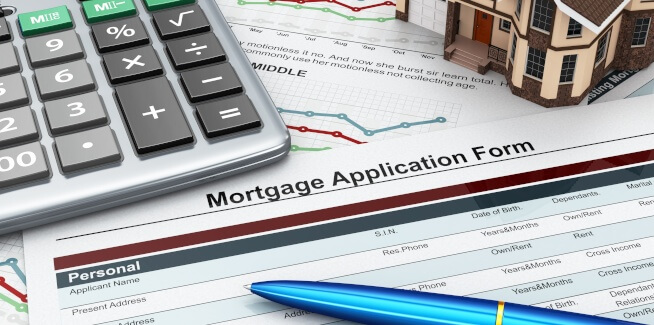In a survey of 1,500 households nationwide, ME Bank found that Australians were feeling worse about their net wealth, jobs, income and living expenses in the six months to June 2019. This was measured via an index of households’ perceptions of their financial comfort, expectations and confidence, based on scale of 1 to 10 across 11 measures.
According to the bank’s latest Household Financial Comfort Report, which collates the results of the survey, the comfort index decreased by 1 per cent to 5.5 out of 10 over the six months to June 2019.
However, this remains slightly above the historical average of 5.46 out of 10 (since the survey began in October 2011).
Of the 11 components utilised to measure household financial comfort, all but two factors dropped in the six-month period.
The biggest drop in comfort levels was shown in households’ perception of their net wealth, which decreased by 3 per cent to 5.54 out of 10. This drop was found to be mainly due to falling house prices around the nation, particularly in Sydney and Melbourne.
The bank attributed the overall decrease in sentiment to a drop in property prices and a weakening labour market.
Owner-occupier mortgagors report sharpest decrease in comfort
The drop in net wealth comfort significantly affected households with mortgages on their homes and investment properties.
Owner-occupiers only paying a mortgage on their home recorded the largest drop, with the index for this segment falling from 5.45 to 5.06.
Those holding mortgages on their home as well as on an investment property showed a lesser drop in comfort levels (falling 3 per cent to 6.59).
In contrast to this, the comfort with net wealth for households holding a mortgage only on their investment property improved significantly, up 8 per cent to 6.91. This was almost the same levels as owner-occupiers without a mortgage.
The report stated that the result of the federal election, released in May, greatly impacted how investors rated their comfort regarding their net wealth.
It stated: “[T]he continued benefits of (negatively) gearing property investments buoyed property investors’ comfort with net wealth post the recent federal election.
“Coincidentally, over the six months to June 2019, property investors lowered their expectations for price gains in investment property during the next year.”
Comfort with cash savings and investments on the rise
The survey also showed a slight improvement of 0.4 per cent in households’ comfort with their cash savings and a 1 per cent increase in comfort with their investments (which include property, shares, bonds, managed funds, superannuation and bank deposits).
These increases prevented a larger fall in overall financial comfort and appear to have offset concerns about falls in residential property prices.
The report stated: “The increase in comfort with investments is connected with strong rises in local and global equity prices, which appear to have offset any concerns with falls in the values of residential property investments and low returns on bank deposits.
“Comfort with investments was up for most households, but particularly those who own their own home outright (7 per cent to 6.21), as well as retirees (6 per cent to 5.41) and, to a greater extent, geared investors in only residential property (up 14 per cent to 7.04).”
Additionally, most property owners (both owner-occupiers and investors) were feeling more positive about the value of their homes over the next 12 months than six months ago.
Of surveyed households living in their homes, 41 per cent expected their dwelling prices to increase during 2019-20, with higher proportions of owner-occupiers expecting market growth in Brisbane, Sydney and Melbourne.
A larger proportion of investors were similarly optimistic, with 46 per cent expecting the value of their properties to increase in the next 12 months.
The report shows investors in Sydney were the most optimistic about property values, with 54 per cent expecting an increase, followed by investors in Brisbane, with 50 per cent expecting increases, and then Melbourne, with 44 per cent.
Jeff Oughton, a consulting economist for ME, commented: “The financial comfort of Australian households eased over the past six months, with a significant fall seen in comfort with wealth.
“Despite lower mortgage loan rates, expected cuts in personal income tax and higher local and global equity prices, this is largely a consequence of continued decreases in the value of residential property in many parts of Australia.
“Comfort with wealth would have fallen much more if it wasn’t for record bond prices and rebounding share markets as well as the government’s retention of negative gearing on investment properties and cash refunds for franking credits that saw household comfort with investments increase,” he added.
[Related: A third of couples not financially healthy, study finds]

